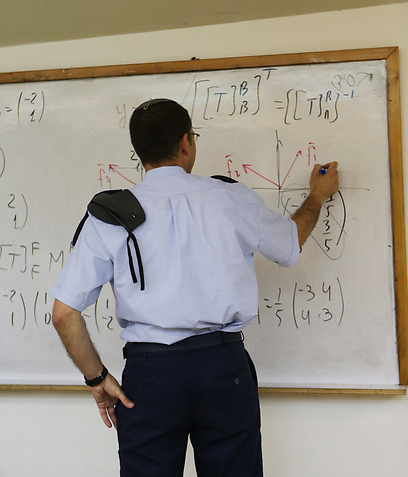
With 60 years of aircraft experience, Israel Aerospace Industries is further expanding by establishing for the first time in its history, an aviation academy for professional aircraft technicians in China.
By Udi Etsion
The Israel Aerospace Industries (IAI) signed a $10 million contract with the city of Shantou in Guangdong Province on Thursday to build a training center where Israeli teams will teach the Chinese to maintain passenger aircraft.

IAI has 60 years experience providing a full spectrum of maintenance, overhaul services & handling of both wide and narrow-body aircraft. – Israel Aerospace Industries website
The contract was signed as part of a conference for business cooperation between Israel and the Guangdong Province. Continue Reading »









 Israeli New Shekel Exchange Rate
Israeli New Shekel Exchange Rate